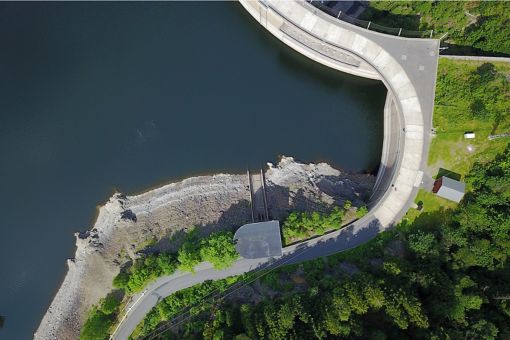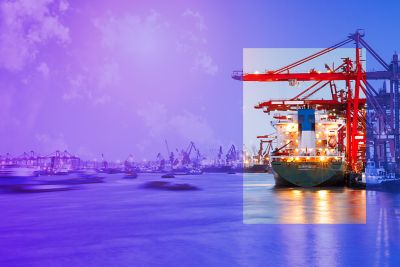Companies are facing complex challenges in a volatile market environment. Our CEO Outlook also reveals the greatest risks: disruptive technologies, geopolitics and climate change. In the face of these challenges, the ability to react in the short term is just as essential for companies as strengthening their resilience in the medium and long term.
This requires measures in individual areas of the company or throughout the entire organisation. A short-term increase in performance can help to provide the necessary resources for the transformations and compensate for immediate negative effects on earnings.
KPMG supports you in the implementation with technical expertise, many years of experience and a strategic view of the big picture. This enables a timely increase in performance and a strengthening of your company's long-term resilience.
Solutions to improve performance - We Deliver Performance To Your Strategy
We work closely with our customers to sustainably optimise performance and future-proof their business and operating models.
In doing so, we focus on increasing results, successfully maintaining and continuing business or leading companies back into the profit zone and securing long-term profitability. Performance improvement measures must always be linked to a strategy. Our focus is on quickly and pragmatically implementing the right solutions for an existing strategy together with our clients
Enterprise Performance
Turnaround & Restructuring
Integration & Separation
People & Change
Insights on performance topics (in German)
Your contacts
Meino Müller
Managing Partner, Head of Performance & Strategy
KPMG AG Wirtschaftsprüfungsgesellschaft
Jan Richter
Partner, Performance & Strategy, Enterprise Performance
KPMG AG Wirtschaftsprüfungsgesellschaft
Dr. Philipp Volmer
Partner, Performance & Strategy, Turnaround & Restructuring
KPMG AG Wirtschaftsprüfungsgesellschaft
Connect with us
- Find office locations kpmg.findOfficeLocations
- kpmg.emailUs
- Social media @ KPMG kpmg.socialMedia





























